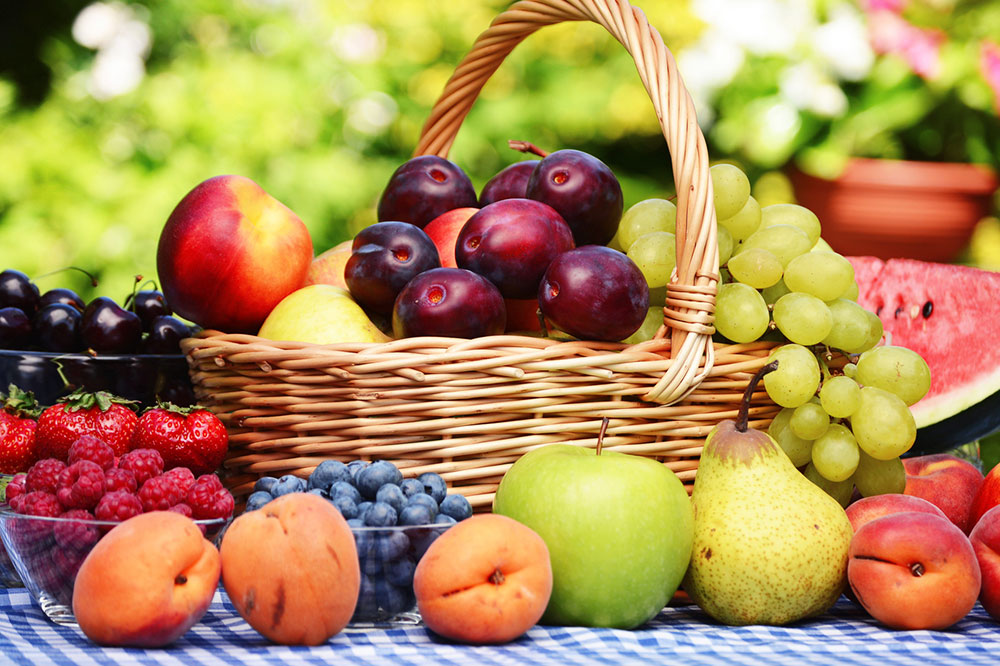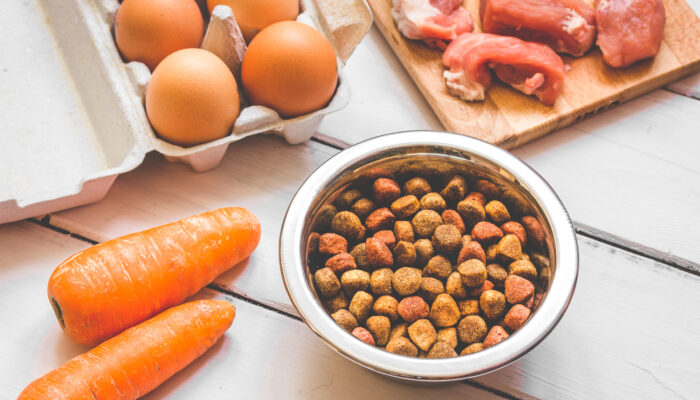
Food Options to Avoid Developing Sleep Apnea
Sleep apnea not only affects your nightly rest but may disrupt your normal lifestyle, and drain you emotionally, mentally, and physically. This disorder causes you to stop breathing for a few seconds several times an hour and can be especially fatal while sleeping. It is a serious condition and may also cause other health issues, such as hypertension, depression, and obesity.
A healthy and proper diet can help you to reduce the chances of developing sleep apnea, and here are the foods for the same.
- Caffeine
Caffeine is a known stimulant that keeps your body awake. You must avoid drinking caffeinated drinks at least six hours before your bedtime. Green tea, coffee, chocolate, and energy drinks must also be avoided. - Fats and proteins
Foods containing proteins and fats are digested slowly and may result in stomach upset, bloating, heartburn, and cramping if eaten close to your bedtime or consumed in high quantities. Fats trigger digestive processes and may cause acid build-up resulting in discomfort when you lie down. Additionally, a high-fat diet messes with the production of orexin that is a neurotransmitter regulating your sleep and wake-up cycle. It is recommended that you do not eat a heavy meal at night. - High-fat dairy products
Some dairy products like whole milk, heavy cheeses, and cream increase the production of mucus in the body. Eating these in large quantities may result in obesity, which is a huge risk factor for sleep apnea. Additionally, eating too much of high-fat dairy products close to bedtime keeps you full for longer and makes it difficult for you to fall asleep. - Spicy foods
Such foods not only cause heartburn that disturbs your sleep but may also result in an increase in your body temperature. This also interferes with proper sleep, and thus avoiding spicy food is important. Heartburn may worsen when you lie down as the acids back into the esophagus and burn the sensitive lining. Although spicy foods are tasty, it may cause acid reflux and indigestion and should not be had in excessive amounts. - Certain types of vegetables
The fiber contained in certain types of vegetables takes longer to digest. Therefore, a fiber-rich meal comprising of cabbage, broccoli, and onions before bedtime requires your body to spend more time in its digestion. Other veggies like radish, cucumber, and celery have high water content and are natural diuretics. Eating these at night may interfere with the continuity of your sleep due to frequent bathroom visits. - Alcohol
It is popularly believed that alcohol can help promote sleep; however, this is a common misconception. Alcohol may cause drowsiness, and you may fall asleep faster; however, it disrupts your rest and may prevent you from entering the deeper REM sleep cycle.
A healthy diet is crucial for proper sleep but is often ignored. Increasing your intake of foods rich in vitamin B5, calcium, melatonin, tryptophan, and magnesium found in fresh fruits and vegetables, nuts, and whole grains is important to help you sleep better.



